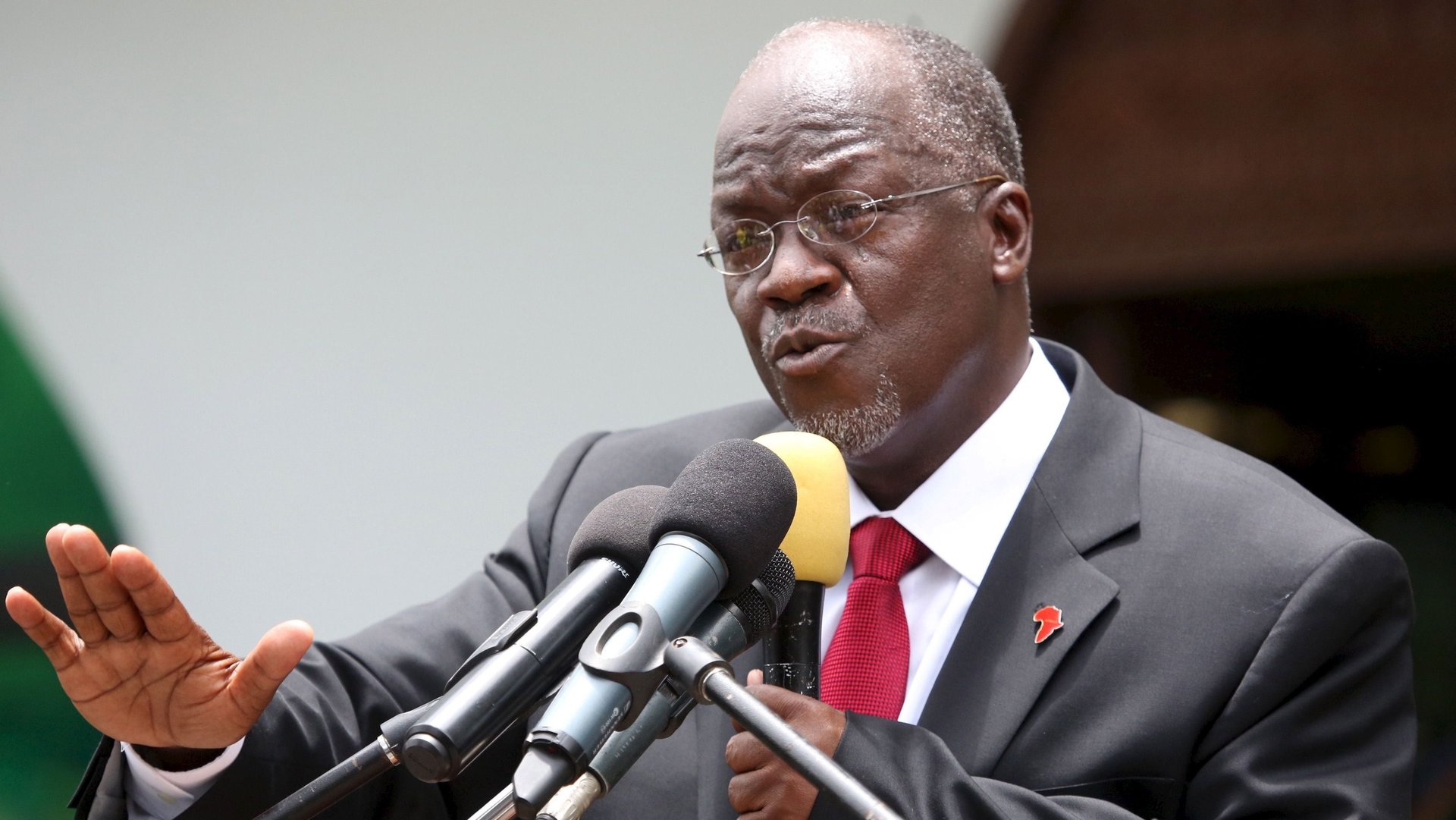You now have to pay the government over $900 a year to be a blogger in Tanzania
The internet has long been lauded as a marketplace for the free exchange of ideas, but not in Tanzania, where it will now cost you $930 to license a blog.


The internet has long been lauded as a marketplace for the free exchange of ideas, but not in Tanzania, where it will now cost you $930 to license a blog.
As part of new online regulations, the government will certify all bloggers in the country and charge them an annual fee before they start any operations online. The new provisions also encompass online radio and television streaming services and affect online forums and social media users.
To be authorized as an online content provider, applicants are expected to fill a form detailing the estimated cost of investment, the number of directors and stakeholders in the platform, their share of capital, staff qualifications, expected dates of commencing operations, besides future growth plans.
But even after providing this documentation, authorities still reserve the right to revoke a permit if a site publishes content that “causes annoyance, threatens harm or evil, encourages or incites crimes” or jeopardizes “national security or public health and safety.” Officials could also force managers to remove “prohibited content” within 12 hours or face fines not less than five million shillings ($2,210) or a year in prison.
The sweeping regulation, dubbed the Electronic and Postal Communications (Online Content) Regulations 2018, is set to give the government unfettered powers to police the web. When it was first proposed last year, observers and activists argued that some of the law’s definitions and wording were ambiguous, violated individual privacy, curtailed citizen’s right to free speech and expression, and went against the spirit of an open internet. Internet cafés are also expected to install surveillance cameras to record and archive activities inside their business premises.
The annual $930 fee would likely be exorbitant for an independent blogger in a country where the gross national income per capita is just $900.
The passing of the law is a culmination of president John Magufuli’s government’s clampdown on media outlets and social media use in the country. Since coming to power in 2015, Magufuli’s strict and controversial leadership style has earned him critics and the title of “the Bulldozer.” As a populist president, he has banned everything from the export of unprocessed minerals to the registration of foreign ships. He’s also banned pregnant girls from attending school. When citizens criticized him on social media platforms including WhatsApp, they were arraigned in court for insulting the president.
But even as he promised to bring about dramatic economic change, particularly in ending corruption, his administration has tightened its grip on both digital and traditional media spaces. Newspapers have been banned for reporting on misconduct in the mining sector, radio stations closed for broadcasting “seditious” material, and online platforms like Jamii Forums targeted for investigating government corruption.
All this happens even as Tanzania harbors ambitions of boosting its budding tech sector and competing with neighboring countries including Kenya. “The registration requirements and the fees are likely to be a heavy burden for most bloggers and small-sized outlets streaming content in Tanzania, thereby reducing diversity in the media space in the process,” Angela Quintal, the Committee to Protect Journalists’ Africa program director, told Quartz.